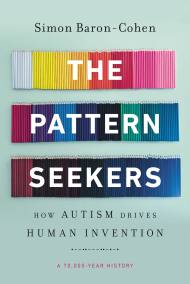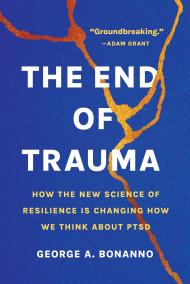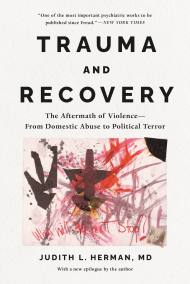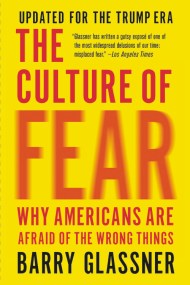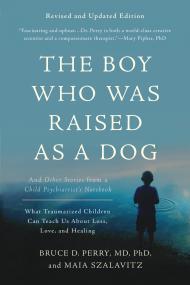Promotion
Use code CYBER2024 for 30% off sitewide + free shipping over $30
By clicking “Accept,” you agree to the use of cookies and similar technologies on your device as set forth in our Cookie Policy and our Privacy Policy. Please note that certain cookies are essential for this website to function properly and do not require user consent to be deployed.
The Science of Evil
On Empathy and the Origins of Cruelty
Contributors
Formats and Prices
Price
$17.99Price
$22.99 CADFormat
Format:
- Trade Paperback $17.99 $22.99 CAD
- ebook $12.99 $16.99 CAD
- Trade Paperback $17.99 $22.99 CAD
This item is a preorder. Your payment method will be charged immediately, and the product is expected to ship on or around September 4, 2012. This date is subject to change due to shipping delays beyond our control.
Also available from:
An award-winning psychologist draws on years of research to unveil “a simple but persuasive hypothesis for a new way to think about evil.” ―New York Times
How can we explain both cruelty and kindness? To award-winning psychologist Simon Baron-Cohen, the explanation for cruelty is low levels of empathy, and the explanation for kindness is high levels of empathy. In The Science of Evil, Baron-Cohen draws on decades of research to develop a new, brain-based theory of human cruelty and kindness. He explores the social and biological factors that can influence our empathy levels, explains the key distinction between cognitive and affective forms of empathy, and shows how low empathy can lead to dehumanizing behavior. The Science of Evil continues to challenge our understanding of human cruelty.
-
"A simple but persuasive hypothesis for a new way to think about evil."New York Times
-
"The Science of Evil contains a huge amount of useful information for a rather short read...it's an important early step in building a more robust understanding of our species at its most horrific."Boston Globe
-
"Attractively humane...fascinating information about the relation between degrees of empathy and the state of our brains."Terry Eagleton, Financial Times
-
"Ground-breaking and important.... This humane and immensely sympathetic book calls us to the task of reinterpreting aberrant human behaviour so that we might find ways of changing it for the better.... The effect...is not to diminish the concept of human evil, but to demystify it."Richard Holloway, Literary Review
-
"Rigorously researched.... [Baron-Cohen's] discussion of how parents can instill lifelong empathy in their children is particularly useful."Psychology Today
-
"Short, clear, and highly readable. Baron-Cohen guides you through his complex material as if you were a student attending a course of lectures. He's an excellent teacher; there's no excuse for not understanding anything he says."The Spectator
-
"Baron-Cohen's professorial background shines through in the book's tone and in step-by-step, engaging prose urging both academic and lay reader alike to journey with him in scientific inquiry."Publishers Weekly, starred review
-
"What makes someone evil? What's the brain got to do with it? Baron-Cohen confronts the most urgent and controversial questions in social neuroscience. Both disturbing and compassionate this brilliant book establishes a new science of evil, explaining both its brain basis and development. Baron-Cohen fundamentally transforms how we understand cruelty in others and in so doing forces us to examine ourselves. Reading this book invites us to widen our own circle of empathy--compelling us to grow and comprehend, if not forgive."Andrew N. Meltzoff, co-director of University of Washington Institute for Learning & Brain Sciences and co-author of The Scientist in the Crib: What Early Learning Tells Us About the Mind
- On Sale
- Sep 4, 2012
- Page Count
- 272 pages
- Publisher
- Basic Books
- ISBN-13
- 9780465031429
Newsletter Signup
By clicking ‘Sign Up,’ I acknowledge that I have read and agree to Hachette Book Group’s Privacy Policy and Terms of Use


